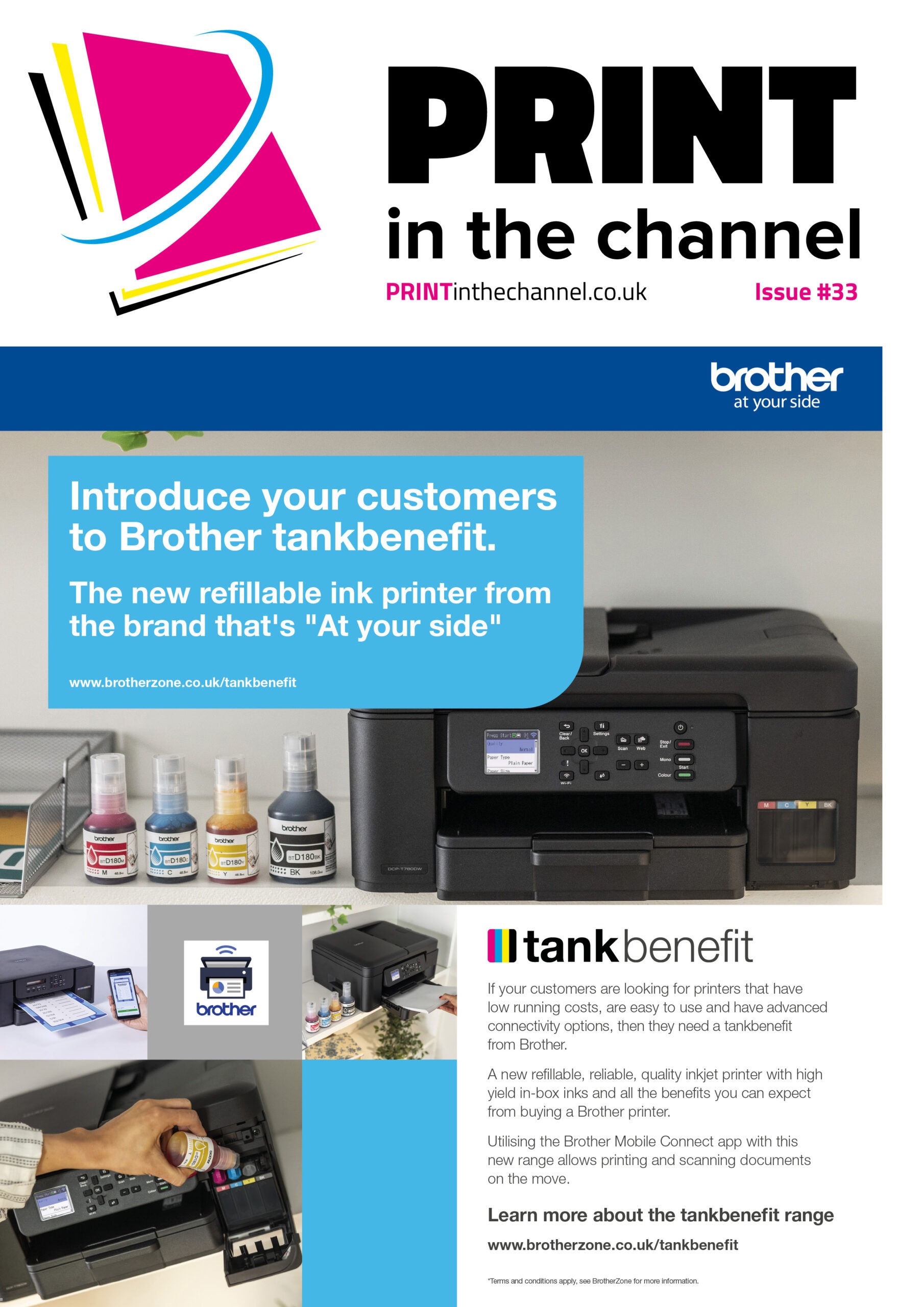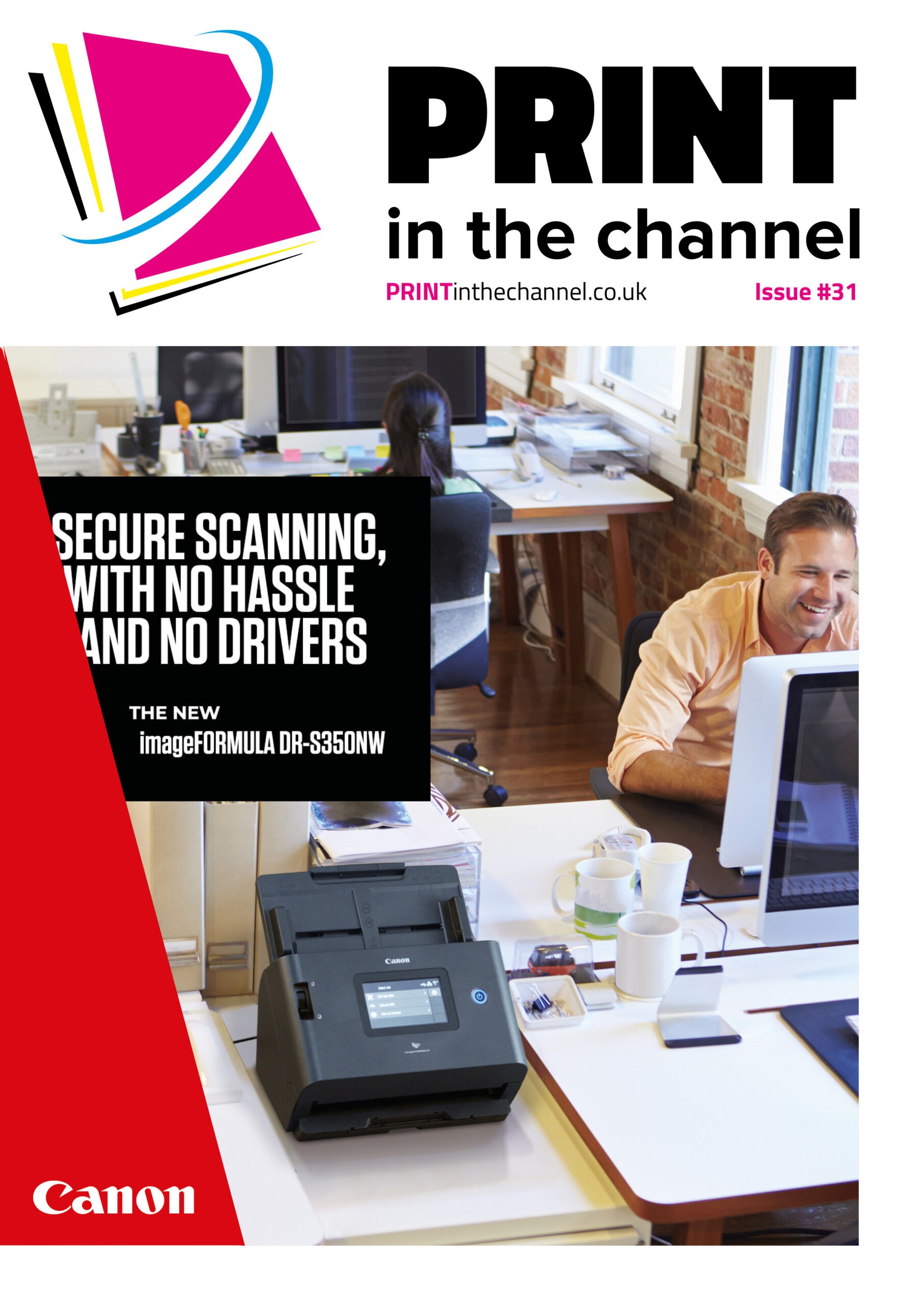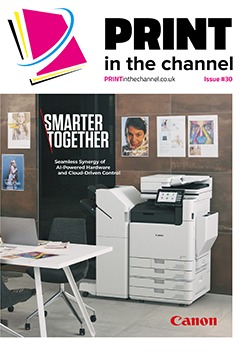Workflow management solutions are becoming an established part of how many people work due to the efficiencies they can bring. SMBs are increasingly taking up these solutions, and resellers have a crucial role to play in helping them find the right solution for their needs.
In economic terms, 2024 has been an unremarkable year, with the UK economy bumping along, registering small amounts of growth or contraction each month. This means that for many small- and medium-sized businesses (SMBs), times are tight and managers are looking to find efficiencies wherever possible. Increasingly this is through workflow management solutions.
Mark Eyden, director at Laserfiche, says that while economic uncertainty has been a continued concern for SMBs in 2024, they have increasingly adopted workflow management solutions. “They recognise the vital role that automation and digital transformation will play in cutting costs and achieving efficiencies,” he says. “Equally, we’re seeing many SMBs consider digital transformation to supercharge company growth or gain a competitive edge. Automation and digital transformation are fast becoming non-negotiables when it comes to an SMB’s ability innovate and grow.”
Ian Fox, Xerox channel solutions and services specialist, agrees that many SMBs can benefit from workflow management solutions. “Many businesses are looking to do more with less, allowing them to create or maintain a competitive advantage, and they are very open to conversations with partners that can design and facilitate more efficient workflows for their business-critical processes,” he says.
David Malan, sales director – UK & Ireland at DocuWare, agrees that SMBs are increasingly adopting workflow management solutions to streamline operations, reduce manual tasks and keep pace in a digital-first landscape. “Such as document management solutions like DocuWare’s that come with proven workflow offer SMBs the ability to graduate from paper-based processes and scattered file systems to efficient, cloud-based document and workflow management,” he says. “For these businesses, the benefits are tangible: enhanced efficiency, better team collaboration and significant cost savings as they cut down on manual errors and processing times.”
Advantages of workflow management
For SMBs, there are many advantages to adopting workflow management solutions. David notes that a key advantage is that workflow solutions provide a clear path to improved efficiencies. “It enables quicker approvals, better financial insights and compliance ease,” he says. “For example, automating accounts payable can unlock discounts on early payments and foster stronger supplier relationships. Calculating return on investment (ROI) in these solutions becomes straightforward as SMBs can observe immediate gains in time savings, operational efficiency and employee and customer satisfaction.”
Ian agrees that ROI justification is also relatively straightforward. “Xerox partners have access to Workflow Mapping tools that allow them to map the client’s existing process; they can then use the same tool to present an improved process, highlighting the areas where savings in time, effort or materials can be realised,” he says.
“We can then relate the effort saved as a percentage of the costs of the FTEs (full-time equivalent), add in the savings of any material items – postage, stamps, paper, toner, etc. – and build a convincing value proposition and ROI. The FTEs cost savings can be a tricky subject, but in reality, most SMBs are keen to retain quality staff and realign them to higher value roles within the business.”
The introduction of workflow management into SMBs can bring many other advantages, Ian adds. “The specifics will depend upon the process to be solutioned, but clients will often see improvements in one of more of the following areas: productivity, accuracy, customer service, compliance and audit trails and environmental and sustainability.”
Mark notes that many SMBs are tackling a business ecosystem that operates in a distributed manner. “So the biggest advantage of a workflow management solution is that it can ease the burden that repetitive processes and legacy infrastructure place on an organisation and its resources,” he says. “Many SMBs are dealing with siloed data and unstructured data sets, and multiple versions of pieces of digital content without the ability to track them, such as sales contracts and datasheets. This can lead to difficulties when it comes to streamlining business processes across different applications and departments.
“Countless hours are wasted by employees fulfilling administrative tasks that could easily be supported by a workflow management solution. Digital and automated solutions not only reduce the scope for human error, but they also reclaim significant amounts of time that can be redirected to supporting customers. ROI is easily demonstrated when artificial intelligence (AI) and machine learning are used to streamline areas of the business and integrate processes that often experience delays, augmenting high-cost processes involved with compliance documentation to create better process cycles.”
Trends
There are certain trends among SMBs for what they want in their workflow management solutions currently. “Accounting and legal functions have always been popular targets for workflow automation,” says Ian. “Still, channel partners shouldn’t overlook industries where high levels of temporary workers are employed (ideal for HR-related onboarding workflows) or detailed compliance and traceability are required – typically food and manufacturing industries.
“SaaS solutions with integrated AI, such as our DocuShareGo offering, are high on the agenda, allowing for rapid deployment timescales and providing a scalable platform that can grow with their business.”
David adds that SMBs are seeking solutions that emphasise simplicity, mobile accessibility and scalability. “With more distributed teams and remote workforces, demand is growing for secure, browser-based solutions that work seamlessly across devices,” he says.
“AI has also become a game-changer, enhancing workflow automation by extracting data, flagging exceptions and enabling predictive analysis, which brings new levels of insight and efficiency.”
AI impact
As David mentions, as with many other areas of technology, AI is beginning to make its presence felt in workflow management solutions in a positive way.
“AI is making workflow automation solutions much more accessible and affordable,” says Ian. “Workflows that would have previously taken weeks of coding, design and testing can now be quickly generated using the integrated AI toolsets. If there is a good understanding of the process being optimised, this can often be done by some without coding skills, reducing the cost of delivery and implementation.
“It also allows the solution to be trialled in a specific department and then quickly expanded to provide new workflows in other departments within the organisation.”
Mark says SMBs are increasingly looking at workflow management solutions that allow for AI integrations to improve business-critical processes across the enterprise. “This includes customer acquisition, product development and service delivery, and financial analysis and capital management,” he says. “Generative AI presents a lot of opportunities to streamline operations, improve decision-making and react faster to changes and SMBs want to take full advantage of it.
“The effectiveness of workflow management solutions has only increased with the advent of AI, encouraging faster process turnaround times and instant access to the statuses of critical processes. Employees across organisations now expect more out of their productivity tools, including capabilities that leverage AI and other innovative technologies.
“Ideally, the right workflow management platform will be able to integrate with other elements of an SMB’s digital ecosystem, creating more end-to-end automation solutions. Such a holistic approach can even provide opportunities for employees to innovate in their own right, building custom solutions through APIs and low-code applications, or leveraging turnkey templates and automation solutions offered by community- and vendor-driven marketplaces.”
Reseller conversations
AI is just one of the many benefits of workflow management solutions that resellers should be highlighting in conversations with customers. But it is also important that resellers work closely with customers to ensure that they get the right solution for
their requirements.
Ian says that it is important for resellers to share success stories from similar industries or processes. “Emphasise the increased processing capacity the end solution will provide, making it easier for their business to scale to demand,” he says.
“Sell the benefits, not the features and make these tangible. It’s also sensible to adopt a phased approach, perhaps selecting a relatively simple workflow initially and, as confidence builds, then expanding the solution into other business areas.”
Ian adds that to ensure the customer gets the right solution, it is important to document and agree on key functionality to be delivered. “Doing this allows for a commitment on both sides and makes the possibility of a committed proof of concept trial a reality. i.e., you sign the order, and we will invoice you when functionalities X, Y and Z are delivered,” he says.
Mark adds that for resellers to ensure their customer gets the right solution, they need to look at an SMB’s current business processes. “Identify opportunities for automation and evaluate the marketplace for systems,” he adds. “Resellers will want to gather as much information as possible on how the SMB plans to use the proposed workflow management platform.
“Conversations should highlight what processes the SMB is hoping to improve with automation, as well as if the system will be used by one department, a few departments, or the entire organisation.
“Resellers should also ensure the plan for digital transformation is achievable by asking what the SMB needs to deploy a new system, including any hardware upgrades or integrations with current systems. Finally, resellers should ask the SMB about the number of users that need access to the system, as well as what privileges they need.”
David agrees that it’s crucial for resellers to highlight how these solutions align with a customer’s unique workflows and growth plans. “By focusing on specific SMB pain points, such as invoice processing, secure document archiving or HR document management, resellers can demonstrate immediate value,” he says. “Understanding the customer’s current processes and goals helps resellers recommend tailored solutions, ensuring SMBs have tools that not only address current needs but can scale as they grow.”
There remain plenty of opportunities for resellers in workflow management solutions for SMBs, as many are still in the process of digitalising their operations and with AI having more of an influence too. This is likely to continue into 2025 and beyond.









